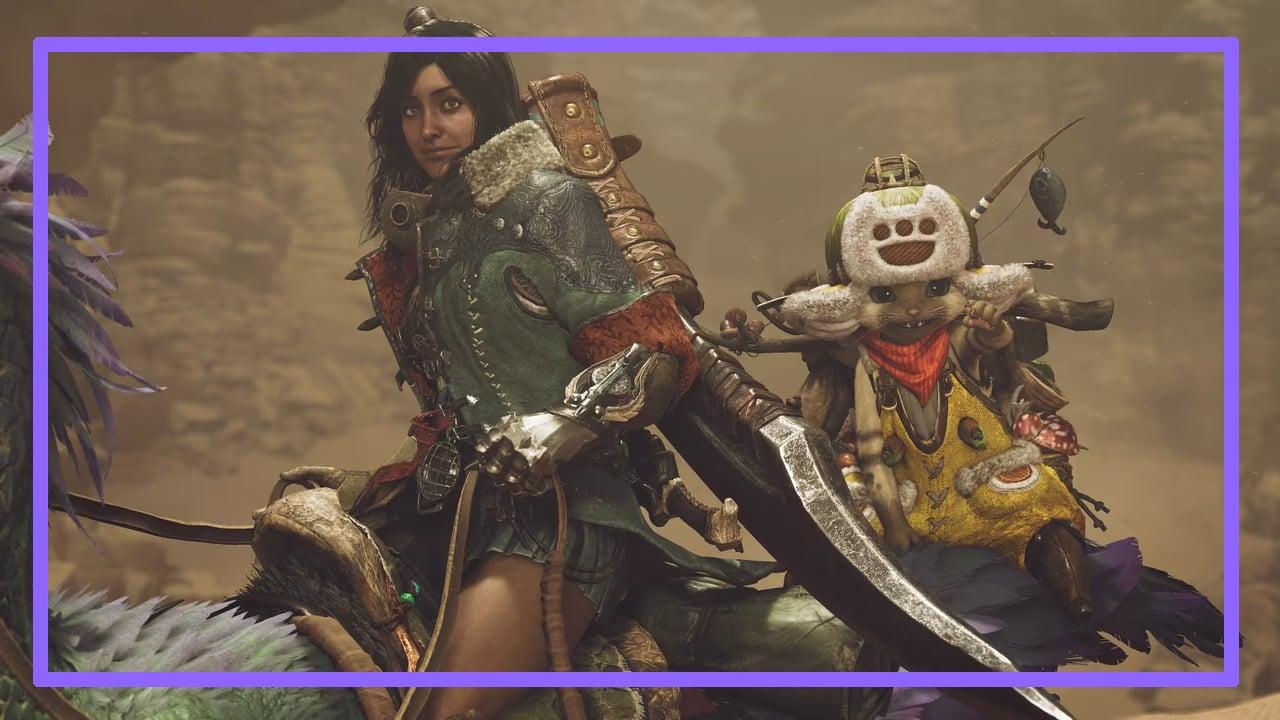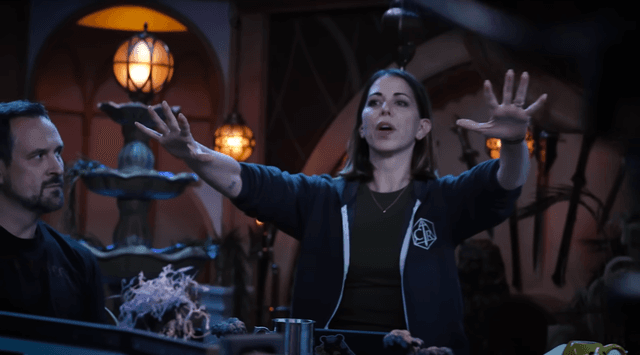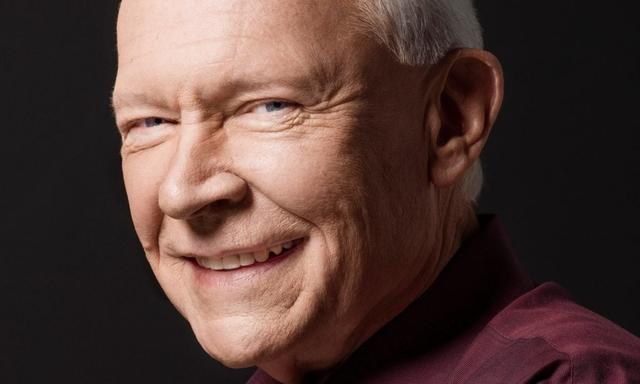If you click on a link and make a purchase we may receive a small commission. Read our editorial policy.
Capcom's Monster Hunter Wilds has a radical view on environmentalism and humanity, at least for us Americans
Monster Hunter Wilds sees humanity as a part of nature, not apart from it, and it’s time we listen to what the Capcom series is trying to tell us

Popverse's top stories
- "And my axe!" Lord of the Rings star John Rhys Davies says there's one world leader who deserves Gimli's iconic weapon
- Walton Goggins promises something “profound” in the Fallout season 2 ending
- Dispatch Switch censorship may be driven by Japan and AdHoc's resource limits — not Nintendo
Close your eyes and envision 'nature.' What comes to mind? If you’re American, you might envision the landscape of a National Park, like the Grand Canyon, Yellowstone, or Yosemite. Flora and fauna certainly come to mind. But I’m willing to bet there’s one element missing from your mental image of 'nature,' and that would be people.
Now, Monster Hunter Wilds is here to challenge this idea. The latest entry in Capcom’s Monster Hunter series invites you, as a hunter, to become a bit of a biologist. Sent on a mission by the Guild to investigate a new land previously thought to be uninhabited, your task is to locate a group of people called the Keepers and learn all you can about this environment’s ecosystems. Beyond the monsters themselves, there is so much to be learned about the “endemic life,” the animals and plants in this world, and how the features of their environment shape their biology.
Your job as a hunter isn’t about the glory of taking down a massive kill. Instead, by hunting the monsters, you’re playing a necessary, natural role that maintains the equilibrium of the ecosystem. Hunters keep monsters in check, mirroring how predator populations are self-regulating in various ecosystems around the world. Your duty is to respect the monsters themselves, not hate or fear them, and learn about how their unique biology is informed by their enviornment. Not even the monsters’ bodies go to waste, as you use every part of the creature to craft armor and other tools from. The world of Monster Hunter is one that models sustainable practices.
These are all ideas highlighted in a video posted by the official Monster Hunter YouTube channel, narrated by Daisy Ridley. The video features footage from all of the Monster Hunter games, establishing a thematic throughline between them. And Ridley’s words, in true Jedi form, emphasizes ideas like “balance,” noting that hunters are protecting nature from monsters who threaten the equilibrium by growing too large. You’re invited to learn about the “natural behavior” of monsters in relation to their environment in order to become a better hunter, to live a life not driven by “a thirst for violence,” but “an appreciation of life.”
In Monster Hunter Wilds, humans are not a destructive force within nature, even when hunters take down a monster. This is a radical idea to see in a Triple-A game, because it clashes with how mainstream American culture has conceptualized “nature” for more than a hundred years. The white Americans who created the first National Parks designated them as a space free from human impact - an idea that came at the cost of forcibly removing and in some cases, murdering, the Native American groups who had lived on that land for thousands of years. The ecosystems of the National Parks were thus unnatural spaces posing as natural, with a hole left behind from the absence of Indigenous people who had played a part in the environment’s self-regulation. Japan, where Monster Hunter Wilds was developed at Capcom, has a different history of environmentalism. And Wilds provides a crucial opportunity for a massive audience to reevaluate humanity’s relationship with our planet.
Industrialization continues to leave a scar on our planet’s ecosystems, even as it makes it possible for us to play video games like Monster Hunter Wilds. But we have an opportunity now to forge a more sustainable future for us and this gorgeous hunk of rock floating in space. Monster Hunter Wilds contributes to a storied tradition of environmentalist themes in genre media, sharing company with Godzilla, Nausicaä of the Valley of the Wind, Princess Mononoke, The Wild Robot, and Jeff VanderMeer’s Southern Reach books. So when we excitedly boot up this game in the near future, let’s take the lessons of Monster Hunter Wilds to heart. Even with our creature comforts today, let’s remember that each of us has a place in this enormous and delicate web of life that Monster Hunter Wilds has sought to capture.
The gaming industry has come a long way since Pong blew all our minds in the 70s. We've got everything you need to know about the next big thing in games. Of course, Grand Theft Auto VI is going to be the big game of 2026, but there are plenty of other games coming out between now and then. Here is our starter guide for every gamer:
- All upcoming games in 2025 and beyond
- Gamify My Life, our weekly gaming column designed
- Popverse Picks: The best Assassin's Creed protagonists
- How to play every GTA game in order
- Why the GTA 6 budget isn't as crazy as you think
-
The Magic: The Gathering x Spider-Man crossover set wouldn't exist without the Spider-Verse
And be sure to check Popverse regularly for the latest gaming news.
Follow Popverse for upcoming event coverage and news
Find out how we conduct our review by reading our review policy
Let Popverse be your tour guide through the wilderness of pop culture
Sign in and let us help you find your new favorite thing.
















Comments
Want to join the discussion? Please activate your account first.
Visit Reedpop ID if you need to resend the confirmation email.